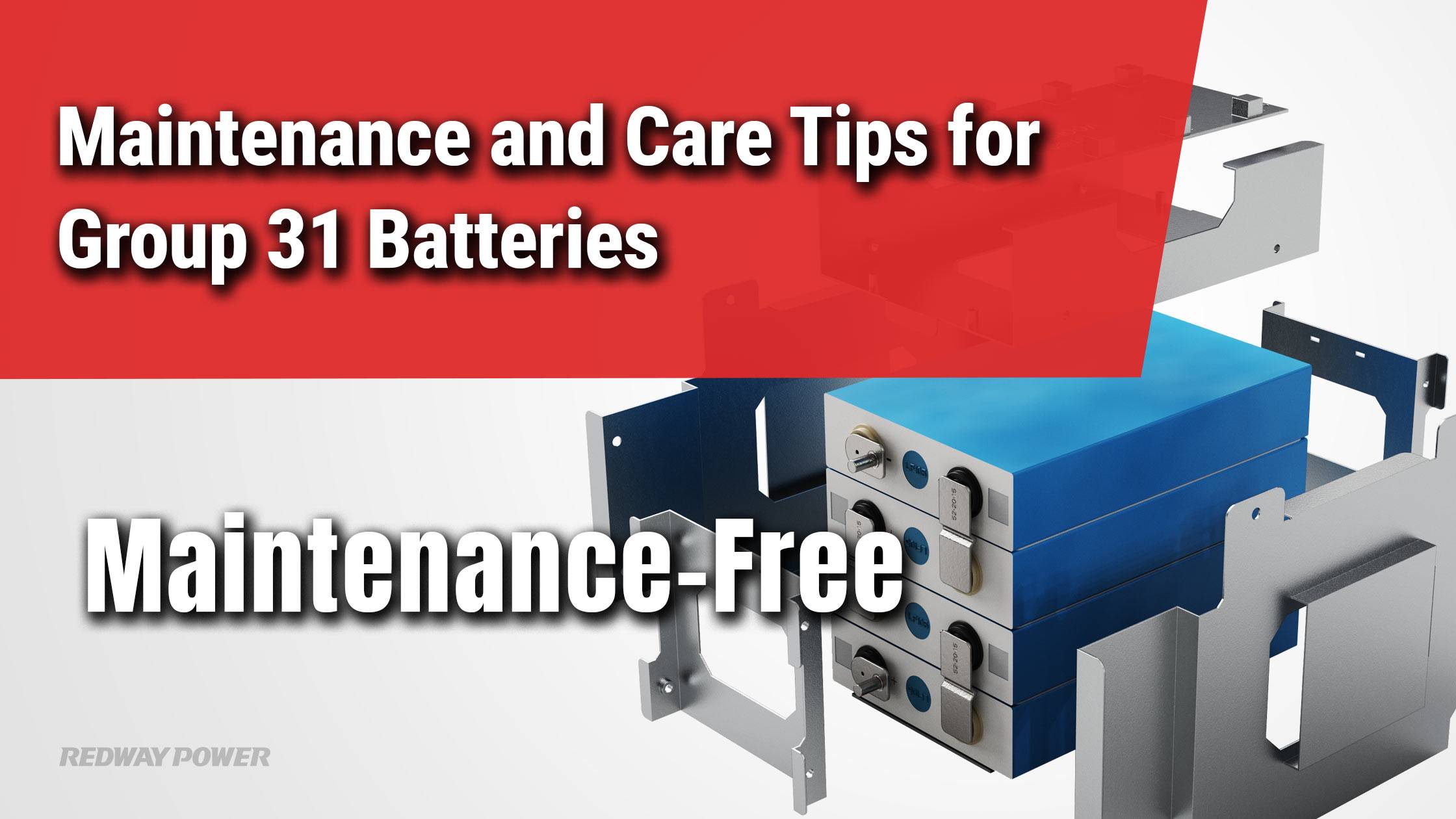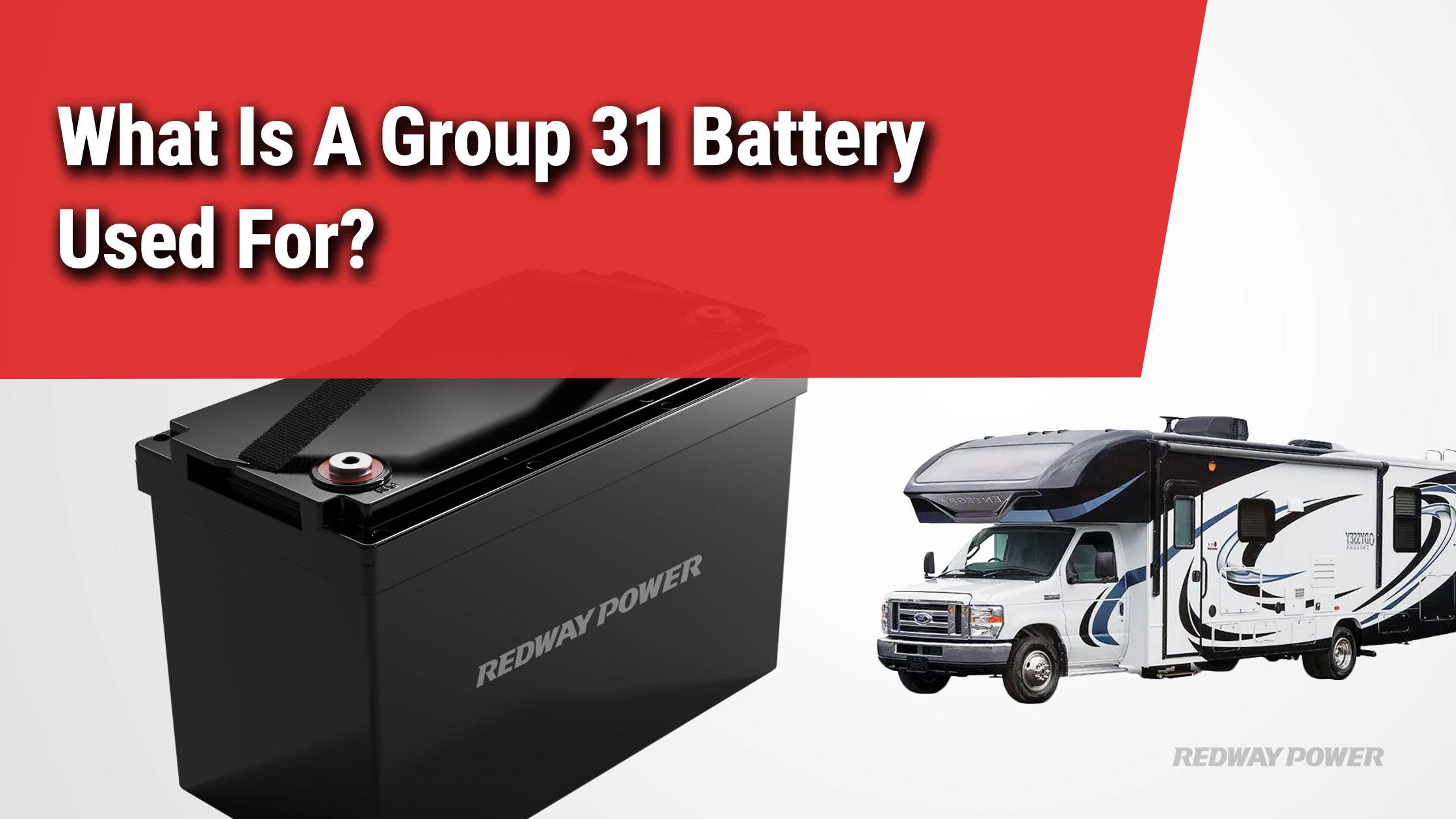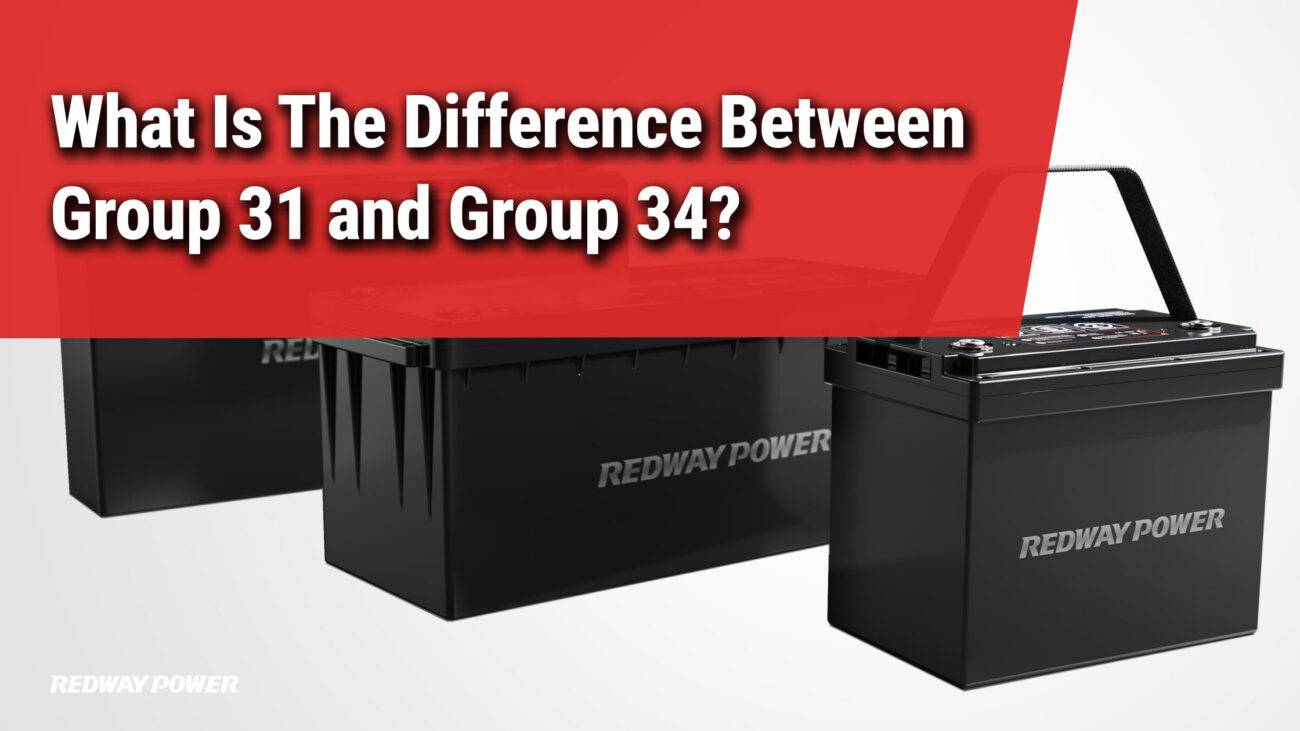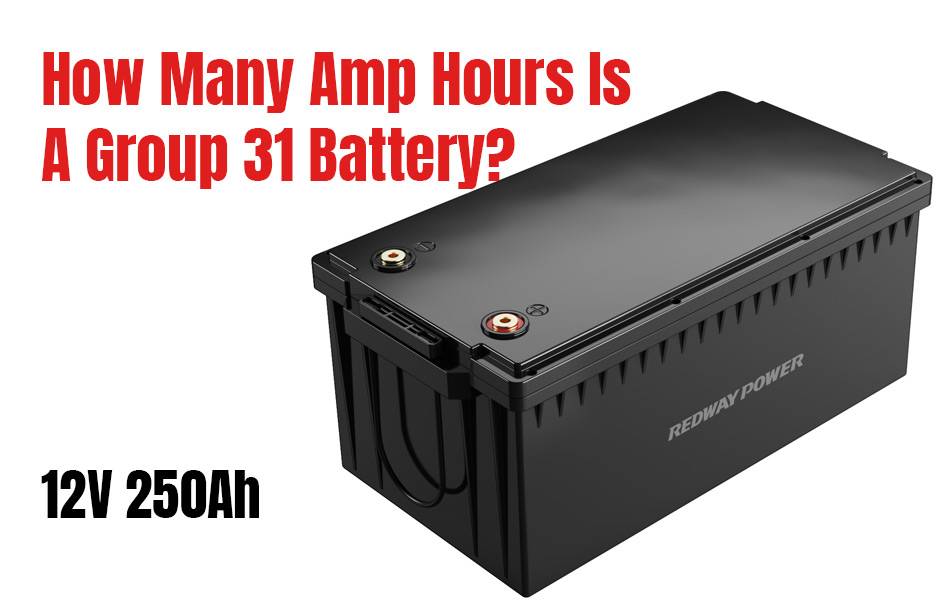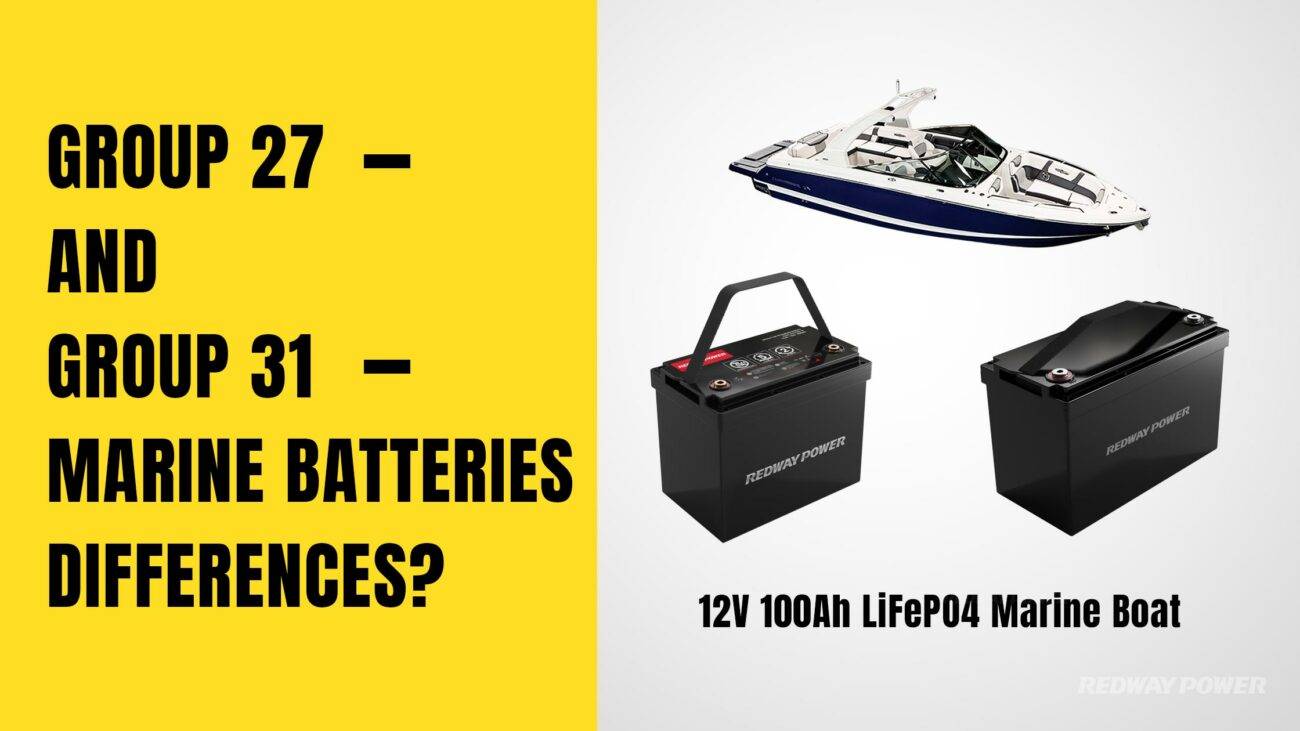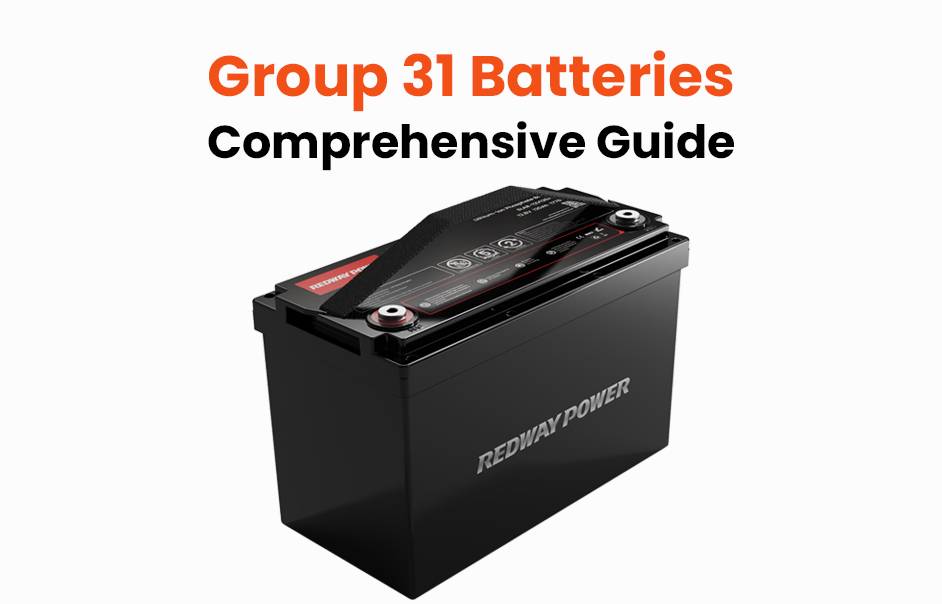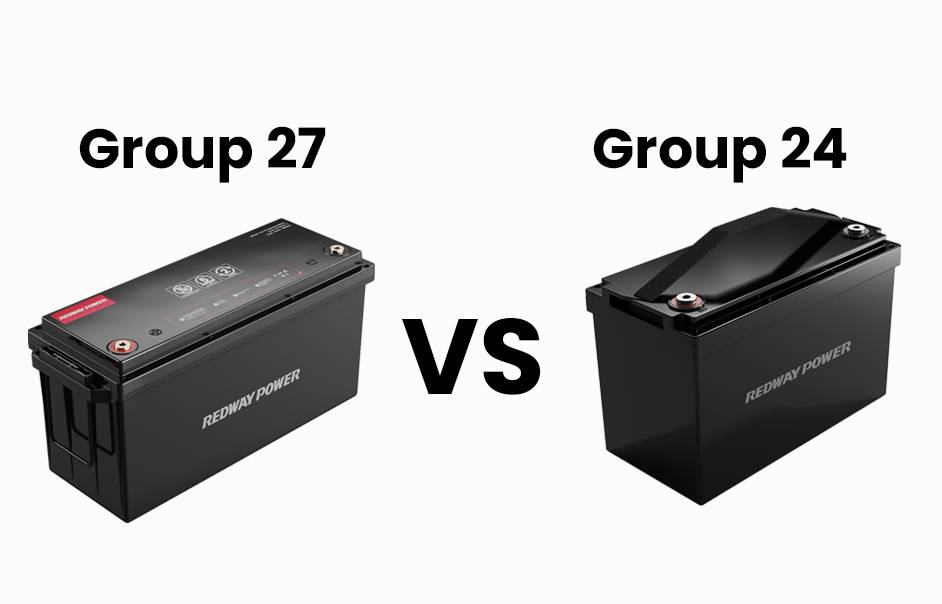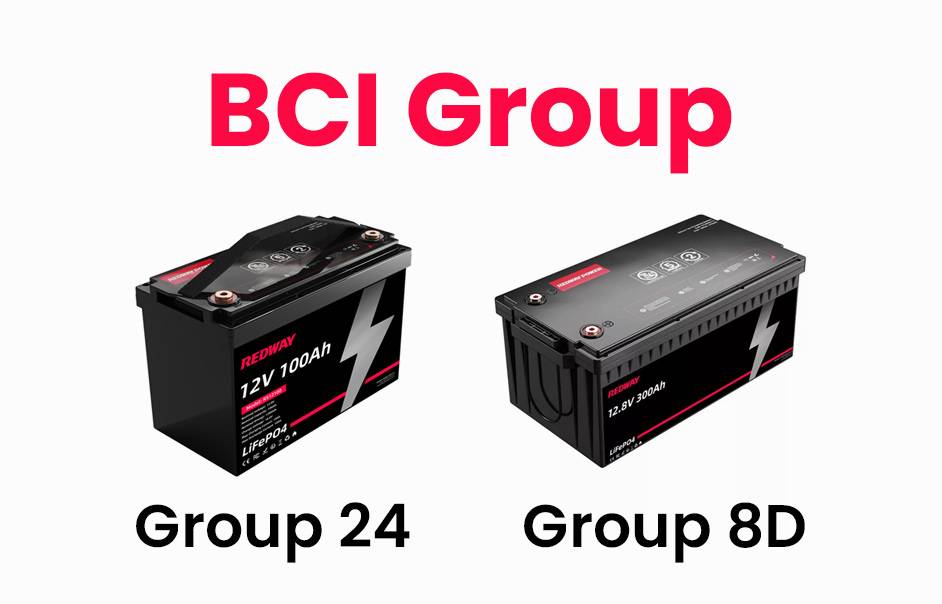Discover the versatility of Group 31 batteries, ideal for commercial vehicles, RVs, and off-grid power solutions. With high capacity and durability, they excel in demanding environments. Consider factors like capacity, voltage, and maintenance when choosing. Alternative options like Group 34, lithium-ion, AGM, and gel cell batteries offer tailored solutions for specific needs.
Common Uses of Group 31 Batteries
Group 31 batteries find common uses in marine vessels, RVs, solar energy storage systems, commercial trucks and buses, heavy equipment, automotive vehicles, emergency backup systems, and industrial machinery.
Group 31 batteries have a wide range of applications across various industries. They are commonly used in marine vessels to power electrical systems, in RVs to provide onboard power for lights and appliances, and in solar energy storage systems to store and release energy. Additionally, Group 31 batteries find applications in commercial trucks and buses, heavy equipment, automotive vehicles, emergency backup systems, and industrial machinery. Their versatility and reliability make them a popular choice for demanding power needs in various settings.
Advantages of Group 31 Batteries
Advantages and Disadvantages of Group 31 Batteries
When it comes to power and reliability, Group 31 batteries are a popular choice for many applications. Let’s take a closer look at some of the advantages and disadvantages of using these batteries.
One major advantage of Group 31 batteries is their high capacity. These batteries are designed to provide long-lasting power, making them ideal for heavy-duty equipment such as trucks, RVs, boats, and off-road vehicles. With their larger size and increased storage capacity, they can handle the demands of multiple electrical systems.
Another advantage is their durability. Group 31 batteries are built tough to withstand harsh conditions like extreme temperatures, vibrations, and shocks. This makes them suitable for use in demanding environments where other batteries might fail.
Disadvantages of Group 31 Batteries
Group 31 batteries offer advantages such as lower weight, high energy density, fast charging, maintenance-free operation, and the ability to be mounted in any position. These batteries are well-suited for applications that require reliable power and have higher consumption needs.
Group 31 batteries offer several advantages that make them a preferred choice in various applications. One of the key advantages is their lower weight compared to other battery types, which reduces the overall weight associated with their application. This is particularly beneficial in situations where weight is a critical factor, such as in marine vessels or portable power systems. Additionally, Group 31 batteries have a high energy density, meaning they can provide more power for applications with higher consumption needs. They also charge quickly and require no maintenance, providing convenience and ease of use. Furthermore, Group 31 batteries can be mounted in any position, allowing for flexible installation in different environments. Overall, these advantages make Group 31 batteries a reliable and versatile power solution for a wide range of applications.
Factors to Consider When Choosing a Group 31 Battery
When choosing a Group 31 battery, consider factors such as terminal type, voltage requirements, physical dimensions, maintenance needs, and specific application requirements. These factors ensure a proper fit, seamless integration, and optimal performance for your specific needs.
Choosing the right Group 31 battery involves considering several important factors. First, consider the terminal type to ensure compatibility with your system. Next, determine the voltage requirements of your application to select a battery that provides the necessary power. Physical dimensions are crucial to ensure a proper fit and seamless integration. Additionally, consider the maintenance needs of the battery, as some may require periodic maintenance. Lastly, evaluate the specific requirements of your application to choose a Group 31 battery that meets your needs for reliable power and performance.
Maintenance and Care Tips for Group 31 Batteries
Maintenance and care tips for Group 31 batteries include storing them in a cool, dry area, regularly checking and cleaning the battery terminals, avoiding overcharging or deep discharging, and following the manufacturer’s guidelines for maintenance and charging. By following these tips, you can ensure the optimal performance and longevity of your Group 31 battery.
Proper maintenance and care are essential for ensuring the optimal performance and longevity of Group 31 batteries. Storing the batteries in a cool, dry area helps prevent damage and maintain their integrity. Regularly checking and cleaning the battery terminals ensures good electrical connections. It is important to avoid overcharging or deep discharging the batteries, as this can lead to performance issues and reduced lifespan. Following the manufacturer’s guidelines for maintenance and charging is crucial for maximizing the battery’s potential. By implementing these maintenance and care tips, users can enjoy the reliable performance of their Group 31 batteries for an extended period.
Alternative Options to Group 31 Batteries
Alternative options to Group 31 batteries include Group 24 batteries, which offer a more budget-friendly choice, and lithium
batteries like the Redway12V 300Ah lithium battery, known for their exceptional energy density.
When considering alternative options to Group 31 batteries, Group 24 batteries provide a more budget-friendly choice while still offering reliable performance. They are suitable for applications that require a lower capacity. On the other hand, lithium batteries, such as the
Redway 12V 300Ah lithium battery, stand out for their exceptional energy density, packing more power into a smaller size. These batteries are known for their long lifespan and high performance. When choosing the right battery for your specific needs, it is important to consider factors such as capacity requirements, budget constraints, and the specific demands of your application.
